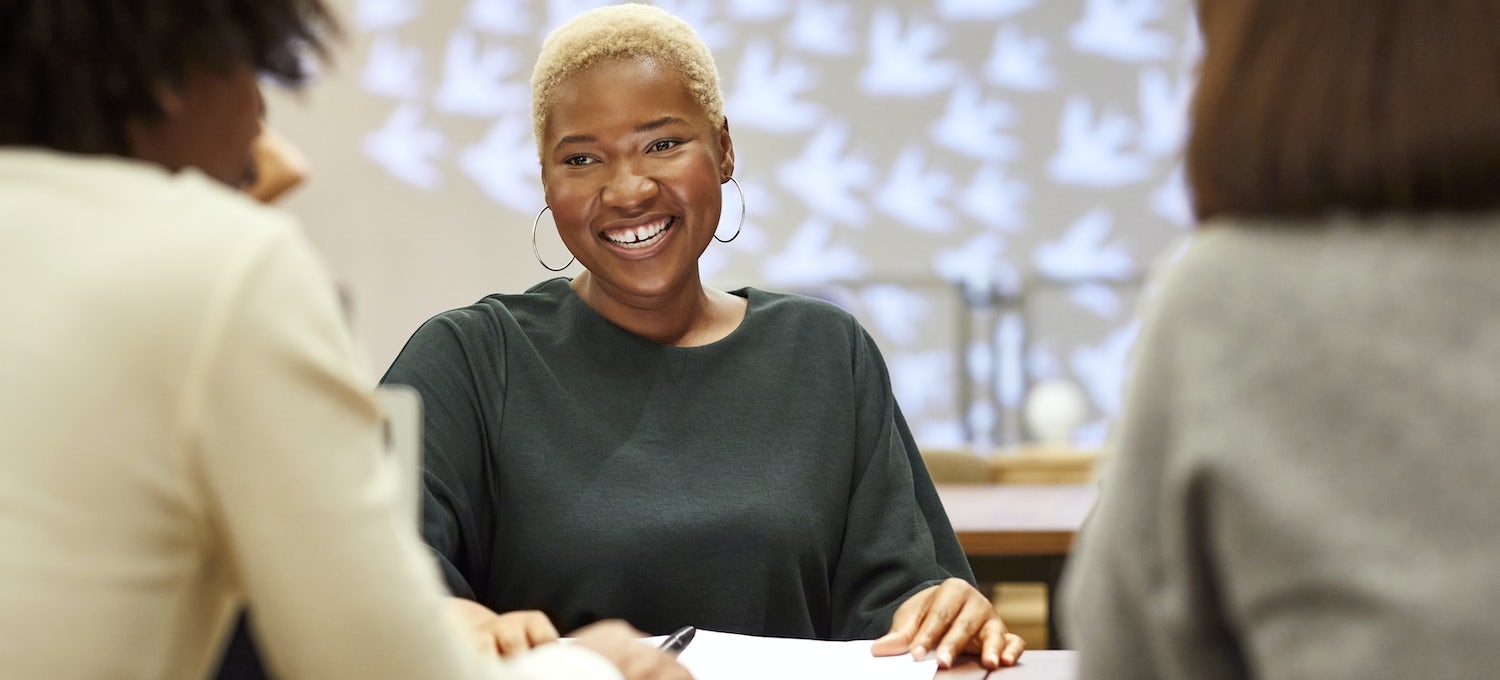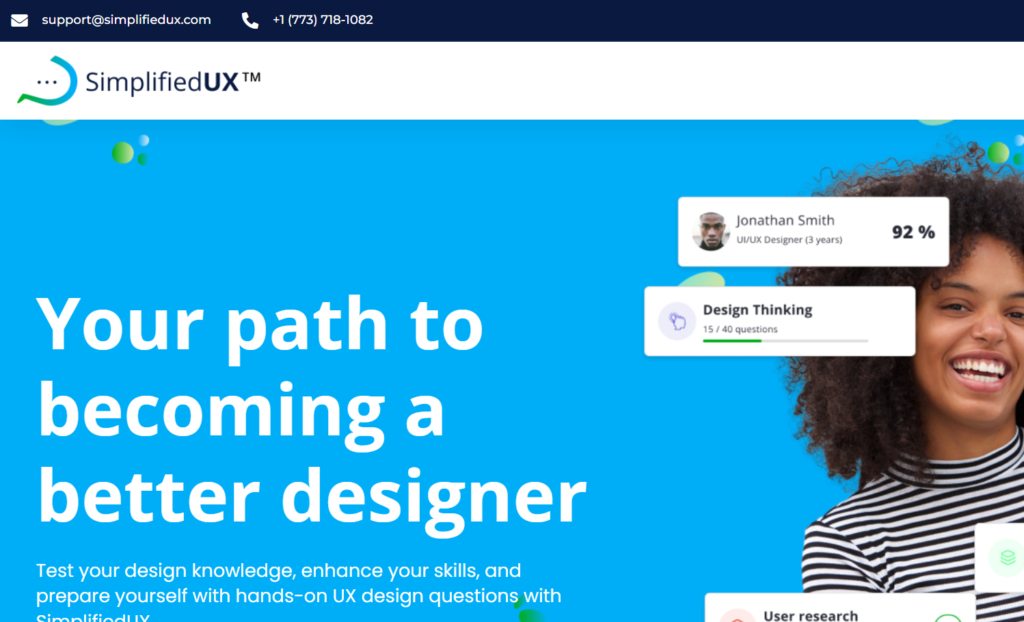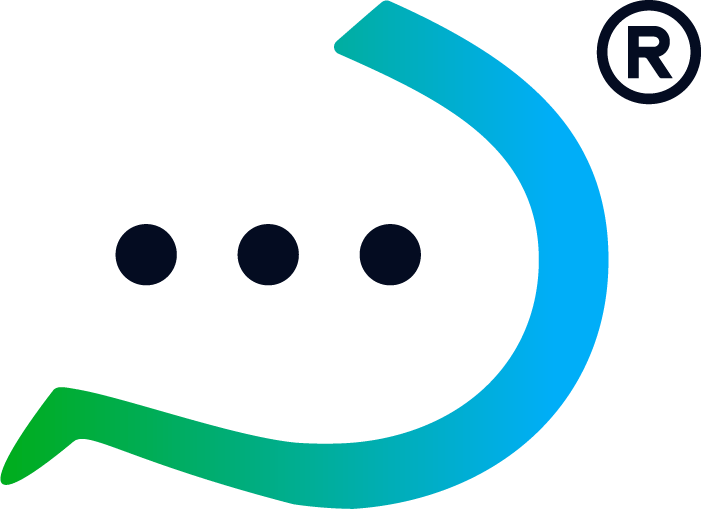UX interviews can sometimes be overwhelming and even a little bit intimidating. Lots of questions to be asked, lots of projects to show and defend and even lots of stories and experiences to recount. It is important that you spend a good time preparing ahead of your next UX interview, so that you can walk in (or sign on) with more confidence. One of the major parts of preparing for a UX interview is going through some common interview questions and revising ways on how you’ll answer them.

Wouldn’t it be awesome to simply walk into your next UX design interview knowing exactly what questions your interviewers are going to throw at you? Oh, and, even better, knowing just the right answers to them? Of course, in reality, it is unlikely to know what exactly awaits you inside the UX interview room. Sometimes interviewers will just have a casual chat with candidates and other times, the interview can feel like an intense grilling. Different interviewers often employ different approaches, but ultimately, all their processes are geared towards the same end goal – to select the right person from the crowd of candidates. That person can be you if you handle yourself correctly.
In a UX interview, recruiters will be especially curious and focused on finding out things like your work ethics and processes, your thinking process, and the value you will bring to the company through your UX design approach. With design-driven businesses significantly outperforming their competitors, UX design has now become a crucial investment for businesses. The interviewers therefore need to carefully select a candidate who they are sure can maximize the design value for their business. What may seem like simple questions on the surface can have deeper results and should further reveal a lot about you as a UX designer.
A UX interview often begins with an assessment of your general knowledge about UX design. This assessment is important because the employer wants to ensure that you have learnt and have a good knowledge of your UX basics. Whether you are a senior UX designer or just starting out in the career, having a solid base-knowledge of UX design and its terminologies is crucial for your UX interview. This session is the shortest part of most job interviews. It will even be shorter if you answer some of the initial questions in a professional way.
The next session of the UX interview is usually the career-related section. The career-related part may be considered the main body of the UX interview. This is where you get to prove that you are capable of translating theory to action.

Then there is the UX design process related session. Most UX designers often have their own unique process and their very own specific reasons for always preferring that process. Some of the Ux design process questions which are mostly about your methodology are always best answered using your case studies. Don’t be shy! Even if your interviewer does not ask you to show your process through your portfolio which contains your case studies, it’s okay to take a leap and offer to show them. This will prove that you’re not afraid to take needed steps to help your cause and provide value.
There may also be a session where you are asked questions about your inspiration and motivations. We can all agree that UX education does not actually ever end after you have gone through different training sessions and attend a UX bootcamp. The best user experience designers are always aware of the evolving tech industry and are often ahead of new trends and innovations related to their profession. Therefore continuous and deliberate self-improvement is important in the field of UX. Before your UX interview, tae time to collect your thoughts about all the essential ways you are continuously improving yourself. It may be reading UX design resources, practicing your design skills, listening to different UX design podcasts, or basically anything else that is related to your work and projects. The idea is to make sure that you can give concrete examples of your work inspirations if you’re asked to.

Most organizations are well aware of potential disagreements between UX designers and Product managers. Therefore questions related to Product management and collaboration will be asked and this is usually a sensitive topic. To start with, you must try never to speak negatively about any product manager you’ve ever worked with in the past. You are to present yourself as a problem solver and a team player who handles tension and relates well with every kind of individual you work with.
And then comes the Skill-related and technical UX interview questions. Every organization will always have their preferred design software. But this does not out rightly mean that there is no room for anything else, but it will be of great advantage to be familiar with the company’s already existing software. Still, you must try not to lie about your technical skills, as you never know what your first day/week/month in the role has in store for you. You don’t want to be the guy that lost his job on the first day/week/month of resumption because he lied about a skill. Another important thing to consider is evaluation. It is important to include numbers in your case studies as there is nothing more convincing than analytical data which showcases the impact of your work. It’s okay to add charts, graphs, tables, numbers, and other analytics to your case studies to prove the change and value you’re capable of bringing.

One important line of question that interviewers love to ask in a UX interview is about your knowledge of the company and its products. They want to know that you understand the importance and positive effects of embracing the company’s unique history, culture, vision and goals. Therefore, you must be prepared to answer some important questions about the company.
Please be informed that these questions might not come accordingly, what this means is that the question sessions as described above may be mixed up in your interview, therefore you must prepare yourself to answer any question thrown at you at any time and from any angle.
In this article, we have listed some of the most common UX interview questions you might encounter in your interview for the role of a UX designer.
Let’s dive right in.
Common UX interview questions for the role of a UX designer:
Tell us about yourself
What your interviewer really wants to hear with this UX interview question is how you got into the field of UX, how your journey through UX design has led you here and What makes you the right person for this position?
This is a common question that comes up in many interviews, UX or otherwise. It might sound like a simple icebreaker, but there’s more to it. This is the point where your interviewer expects you to explain your journey with UX design.
To answer this question, you need to tell your UX story – At what point did you pick up interest in UX? What are your past experiences, your previous careers or school work that inspired you to pursue a career in UX design? What experiences and skills have you gained so far that you think sets you apart from the crowd.

What do you think is the difference between UX design and other design careers?
What your interviewer really wants to hear with this UX interview question is your deep knowledge of UX design and what skills you have that sets you apart from other designers like graphic designers, UI designers, etc. They want to know if you understand the value of your role and why they should hire a UX designer.
Now, this is where your basic studies about UX design comes in. You can start by giving the definitions of these design fields and pointing out the differences between them. You can then proceed to highlight the skills which UX designers possess(which you possess) that other designers in other fields do not. The value of UX design to business and how this value can only be achieved with great UX design and not any other form of design.
Give examples, tell stories. This is your chance to explain scenarios where a graphics designer failed to accomplish a UX design task. You can go ahead and talk about the software and tools which the designers use and how they are different from each other.
What analytics tools and key performance indicators (KPIs) have you used to evaluate your designs?
What your interviewer wants to know with this UX interview question is simply your knowledge of top UX design tools and how skilled you are in their usage.
It is expected that you have done your research and you know some of the tools the company uses and have even familiarized with them but in cases where you couldn’t do this, you must not lie about your skill or knowledge about a tool as you may be required to use one at the spot.
Talk about the tools you have used and how these tools have greatly helped you in the past.
Examples can be tools used for user interviews, user research, data analysis, usability testings etc.
Be informed that your interviewer is not only interested in your skill in the use of this tool, they want to know why a tool was used and what was accomplished with the usage of the tool.

Walk us through your workflow
What your interviewer wants to know with this UX interview question is your design process and how you solve problems.
This is where you talk about your previous projects, you can go ahead and show the interviewers your projects and the processes that were involved in arriving at a solution.
This UX interview question is mainly about analyzing your in depth or critical thinking and problem-solving skills. You can pick out a successful project in your portfolio and walk them through the steps you took. Ensure to structure your answer in a design process manner by stating how you conducted your research, how you designed, and then how you validated your design decisions.
Tell us about your most and least successful project
You guessed right, The UX interview question is a way to know Your strengths and weaknesses and how you handle yourself and learn from them
You want to talk about why your most successful project was successful, and your contribution to its success. Highlight the particular strengths you used in the project and even the strengths the project made you adopt which you didn’t think you had? You can also talk about measurable values and conversions here, like an increase in sign-up rates; increase in check out and purchasing rates. This is a good way to show how your work and processes contribute and align with company goals and values.
To talk about your least successful project, which is talking about weaknesses. You want to be strategic here: while being honest, you do not want to lie or be seen as the guy who thinks he doesnt have a weakness. Talk about a project that went wrong, where it went wrong and the challenges you faced with the project, but also highlight how you overcame the challenge and what you learned from it. This shows that you not only acknowledge your failures and weaknesses, you can learn from them and turn them into something constructive.
Other UX interview questions that you may encounter:
How do you practice universal design?: Your interviewer wants to know if you have good knowledge of inclusive UX. Do you know how to design successfully for ALL KINDS of users?
How would you improve our product UX?: They want to know if you have researched the company and what ideas you have that you can hit it off with.
What inspires you?: They want to know if you are continuously learning and improving. Are you passionate about your career in UX design?
Are you a team player?: They want to know if you are good at working with other teams and stakeholders.
Hands-on challenge: This is the whiteboard challenge that lets interviewers know if you can really back up the skills you have talked about and listed in your resume. Skill test challenges can come in different forms, so you want to prepare for any thing they may throw at you.
======================
We know that UX interviews can be tough, the uncertainty, the anxiety, the intimidating feelings and what not. That’s fine, it’s normal to feel that way but you must do your best and cover everything that needs to be done and be prepared for whatever you may encounter in your UX interview.



